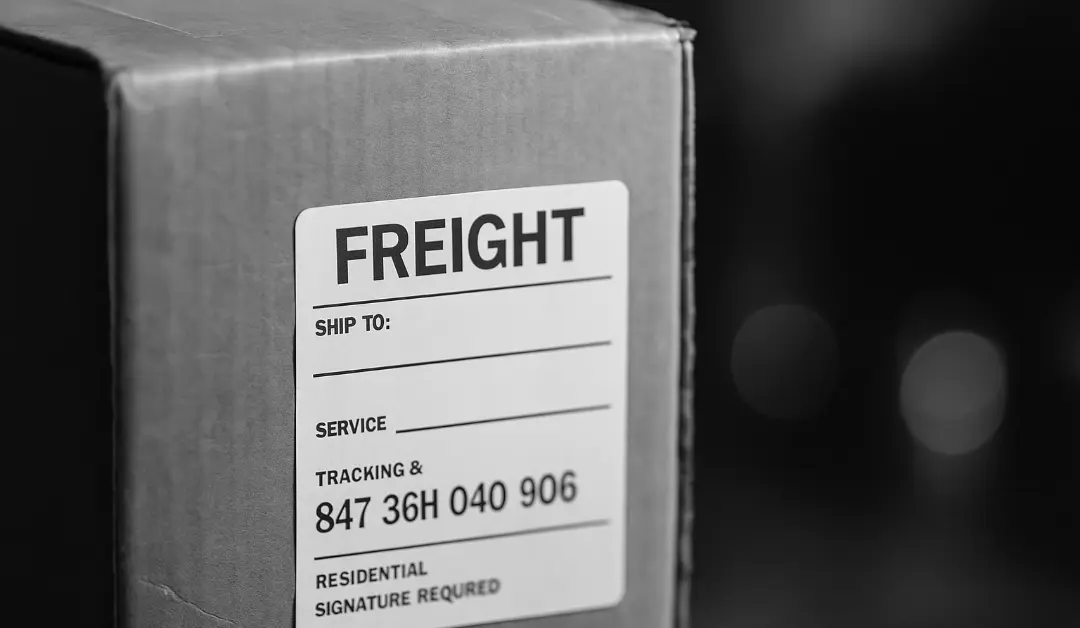Introduction
In the constantly evolving landscape of international trade, understanding the nuances of foreign trade regulations and FTR Meaning is crucial for businesses aiming to navigate the complex seas of global commerce.
What is FTR?
The term “FTR Meaning” stands for Foreign Trade Regulations, which are laws and guidelines governments establish to regulate the export and import of goods and services across international borders. These regulations are designed to monitor and control trade activities, ensure national security, collect statistical data, and protect the economy.
The Importance of Understanding FTR
For businesses engaged in international trade, understanding FTR is not just a matter of legal compliance but a strategic imperative. Compliance with FTR ensures that your shipments are not delayed, confiscated, or subjected to penalties due to regulatory violations.
Also, a thorough understanding of FTR can provide valuable insights into market trends, competitive landscapes, and potential risks and opportunities in foreign markets.
Key Components of FTR
FTR encompasses a wide range of regulations, including but not limited to:
1. Export Controls: These regulations govern what goods can be exported, to whom, and under what conditions. They often focus on items with potential military applications or those that could affect national security.
2. Import Restrictions: Similar to export controls, these rules determine what goods can be imported, where, and under what circumstances.
3. Customs Procedures: These regulations outline the documentation, valuation, and classification requirements for goods crossing international borders.
4. Tariffs and Duties: Understanding the applicable tariffs and duties is essential for accurately calculating the total cost of international transactions.
5. Sanctions and Embargoes: Businesses must be aware of any trade sanctions or embargoes that may prohibit or restrict trade with certain countries or entities.

Best Practices for FTR Compliance
To ensure smooth sailing in international trade, consider the following best practices:
1. Stay Informed: Regularly update yourself on changes in foreign trade regulations through reliable sources or by partnering with knowledgeable experts like eHub.
2. Document Everything: Keep detailed records of all your international transactions, including contracts, shipping documents, and compliance certificates.
3. Invest in Training: Educate your team about FTR and its implications for your business operations. Consider investing in specialized training or leveraging the expertise of your 3PL partners.
4. Implement Compliance Checks: Develop internal procedures to regularly review and audit your trade activities for compliance with FTR.
Conclusion
Understanding the meaning of FTR and its implications for your business is essential for successful international trade. By staying informed, partnering with knowledgeable service providers, and implementing best practices for compliance, you can confidently navigate the complexities of foreign trade regulations.
At eHub, we’re committed to empowering our clients with the tools and knowledge they need to thrive in the global marketplace. Whether you’re a seasoned exporter or just beginning your international trade journey, we’re here to help you every step of the way.




